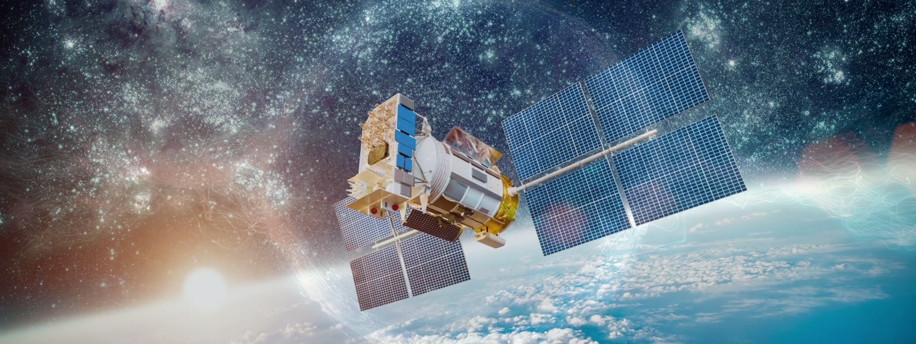Space: the new frontier for quantum physics
Hundreds of kilometers above our heads, where the satellites and space stations orbit the Earth, there is a vast space that can be used as a testing lab for the development of quantum technology and addressing some of the fundamental problems in modern physics. The space environment, characterized by its low gravity and the lack of ground-based noise sources, opens novel avenues for applying and developing quantum technologies, according to a new review study recently published in the journal Physics Reports.
The study includes first author Alessio Belenchia, from Eberhard-Karls-Universität Tübingen, co-authors Vladislav Usenko and Ivan Derkach, researchers at Palacky University and partners of the CIVIQ project, Omer Bayraktar and Christoph Marquardt, researchers at Max-Planck Institute for the Science of Light and also partners of the CIVIQ project, Matteo Carlesso, from Eberhard-Karls-Universität Tübingen, Angelo Bassi, from University of Trieste and others from renown European academic and research institutions.
The review firstly analyzes the applications of quantum technologies in space within the fundamental physics arena, focusing on the advantages in performing these fundamental tests in space in comparison to their ground-based counterparts, and describing the technological platforms that have been proposed, for example, to detect gravitational waves or the search for dark matter and dark energy that might be useful for our understanding of the structure of spacetime and gravity.
Subsequently, the authors present the applications of current quantum technologies in space. The long lines of sight and the relatively low losses of optical transmission at inter-continental distances are some of the advantages offered by the space environment to develop applications such as satellite-based communications, quantum key distribution (QKD) or quantum enhanced communications. Moreover, as the authors recall, low and geostationary orbits are valuable for developing and applying remote sensing and remote observation systems of the Earth. For these specific applications, they highlight the importance of space-based quantum clocks for distributed time reference.
Then, the authors move on to reviewing several proof-of-principle experiments and implementations related with quantum technologies and physics and summarizing some of the projects and missions that have been performed and proposed to date.
Finally, the study identifies the main technical challenges that quantum technologies need to face to be implemented in space. The researchers have gathered these challenges in 5 big categories: environmental control, component development, automation, quality assurance and collaborative ecosystem. The authors note that the development of quantum systems able to operate in such a challenging environment for several years require an “structured and long-term planning” and highlight that the quality of the components is critical to carry on tests and experiments.
According to the study, a collaborative environment involving the academic, the private sector and the space agencies is needed to tackle all these challenges.
Original article
Belenchia, A., Carlesso, M., Bayraktar, Ö., Dequal, D., Derkach, I., Gasbarri, G., Herr, W., Li, Y. L., Rademacher, M., Sidhu, J., Oi, D. K. L., Seidel, S. T., Kaltenbaek, R., Marquardt, C., Ulbricht, H., Usenko, V. C., Wörner, L., Xuereb, A., Paternostro, M., & Bassi, A. (2022). Quantum physics in space. Physics Reports, 951, 1–70. https://doi.org/10.1016/j.physrep.2021.11.004



